
Are you interested in finding out about the NIHR RfPB funding
programme? Join our online seminar on 1st September 2022 from
12.00pm – 2.00pm
About the seminar
The seminar will be hosted by the NIHR Research Design Service and will provide a great opportunity to hear from members of the RfPB programme team and funding panel, as well as from successful applicants. There will also be information about the RDS and the support available for people who are applying to the programme.
Who is the seminar for?
Researchers and health and social care professionals who want to learn more about the RfPB programme and the support available to them.
What will the seminar cover?
• An overview of the RfPB programme
• What the funding panel look for in an application
• Experience of previous successful applicant(s)
• Including Patient and Public Involvement (PPI) in your application
• Including Equality Diversity and Inclusion (EDI) in your application
• How the NIHR RDS can support applicants
How to book a place
Please register via this link.
The full programme and further details will be sent nearer to the date of the seminar.
Your local branch of the NIHR RDS (Research Design Service) is based within the BU Clinical Research Unit (BUCRU)
We can help with grant applications to National peer reviewed funders. We advise on all aspects of developing an application and can review application drafts as well as put them to a mock funding panel (run by RDS South West) known as Project Review Committee, which is a fantastic opportunity for researchers to obtain a critical review of a proposed grant application before this is sent to a funding body.
Contact us as early as possible to benefit fully from the advice
Feel free to call us on 01202 961939 or send us an email.

 In the online discussion, Dr Collard will outline her findings so far, which will provide important data for people with epilepsy and their families and carers, as well as medical professionals and those working in the fitness and leisure sector.
In the online discussion, Dr Collard will outline her findings so far, which will provide important data for people with epilepsy and their families and carers, as well as medical professionals and those working in the fitness and leisure sector.

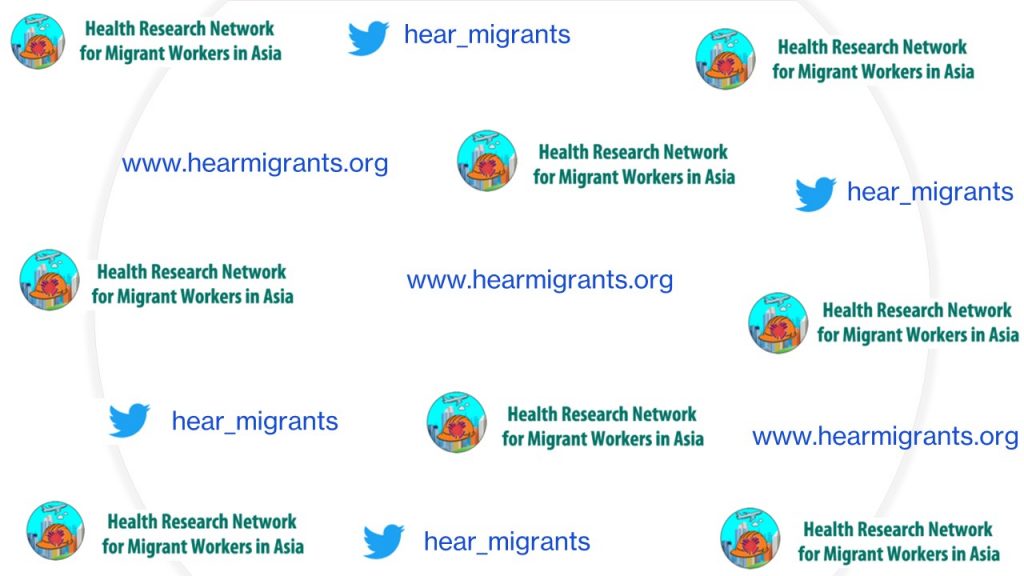
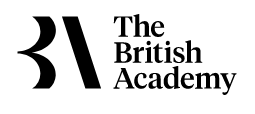
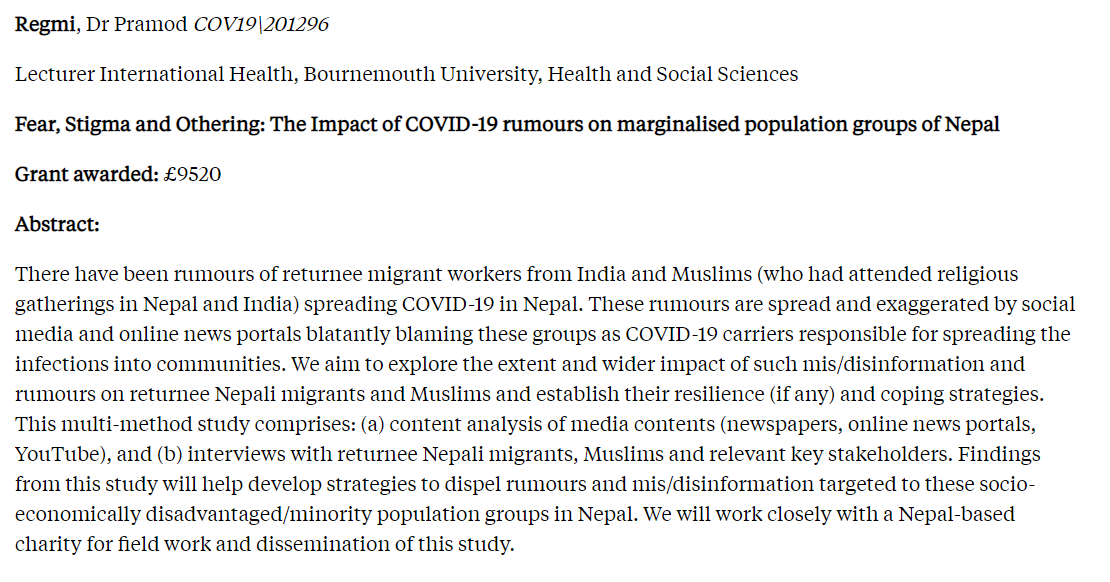
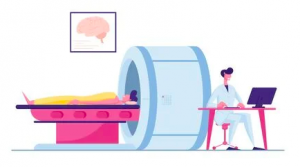


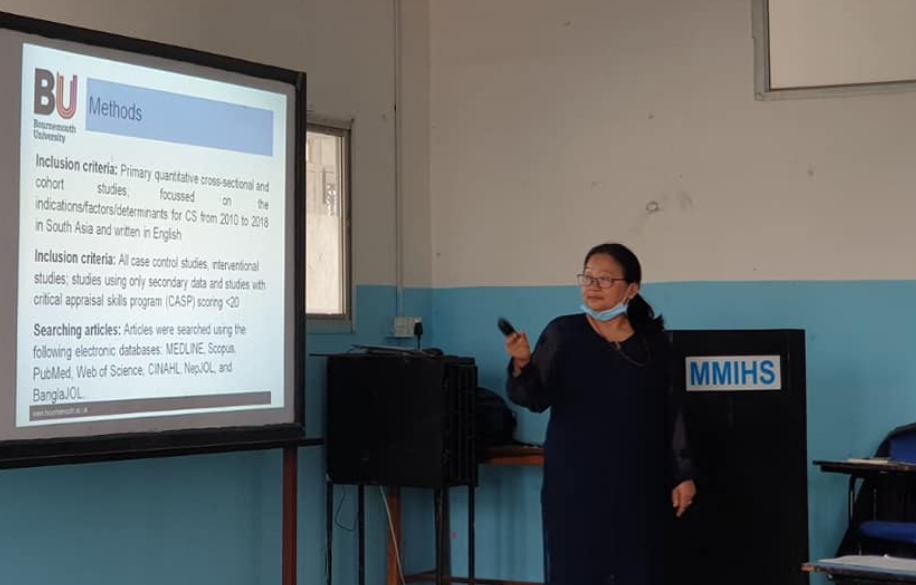
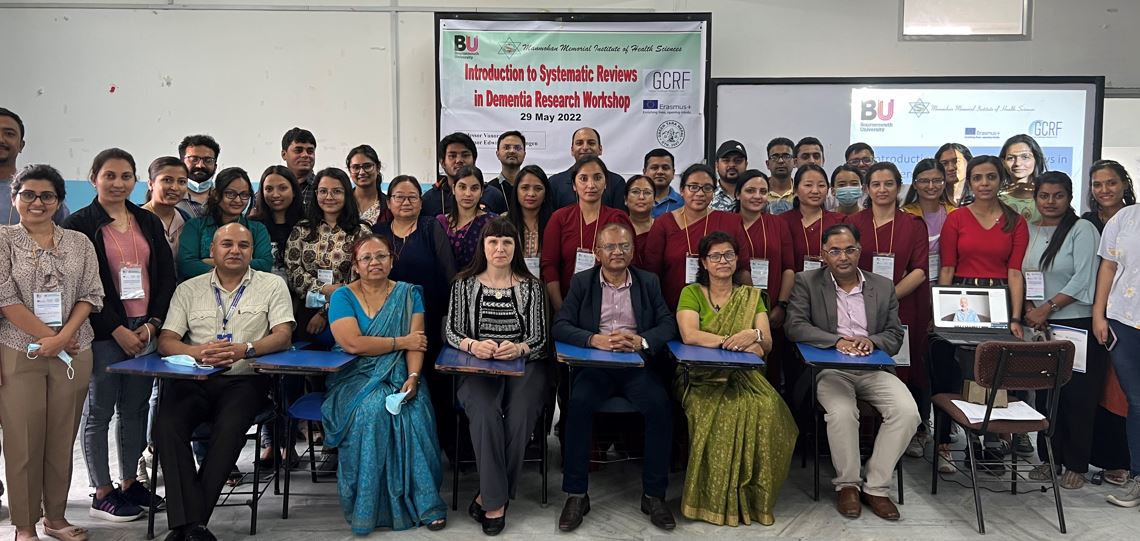
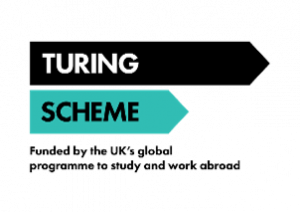
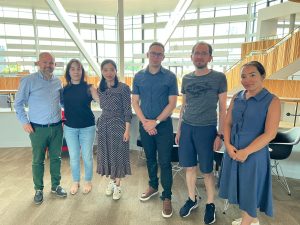
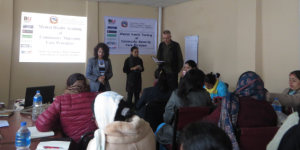


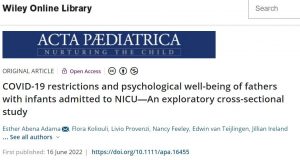
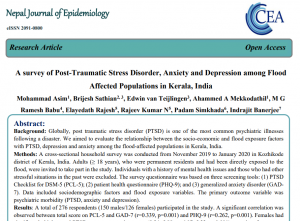


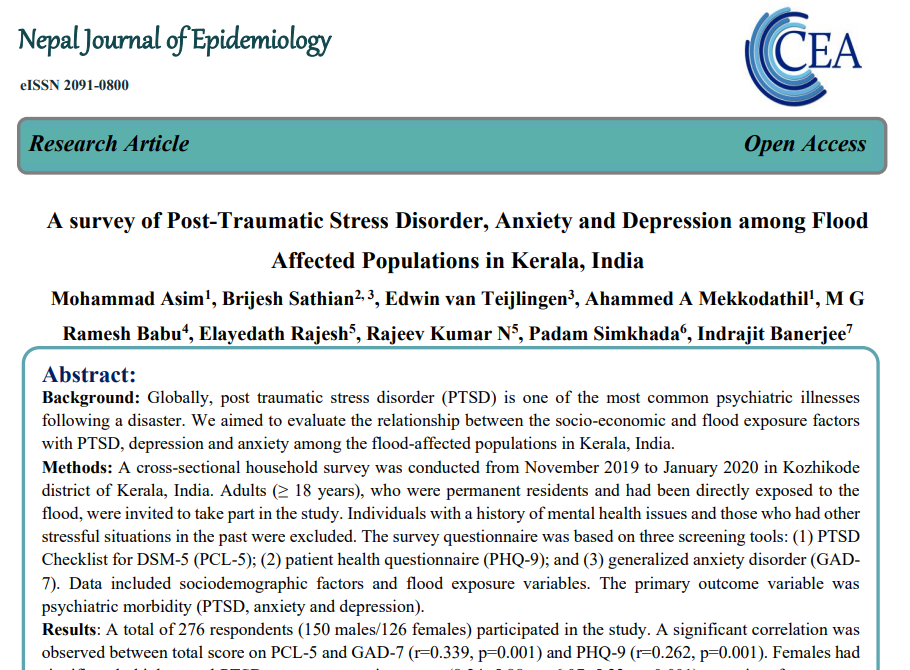


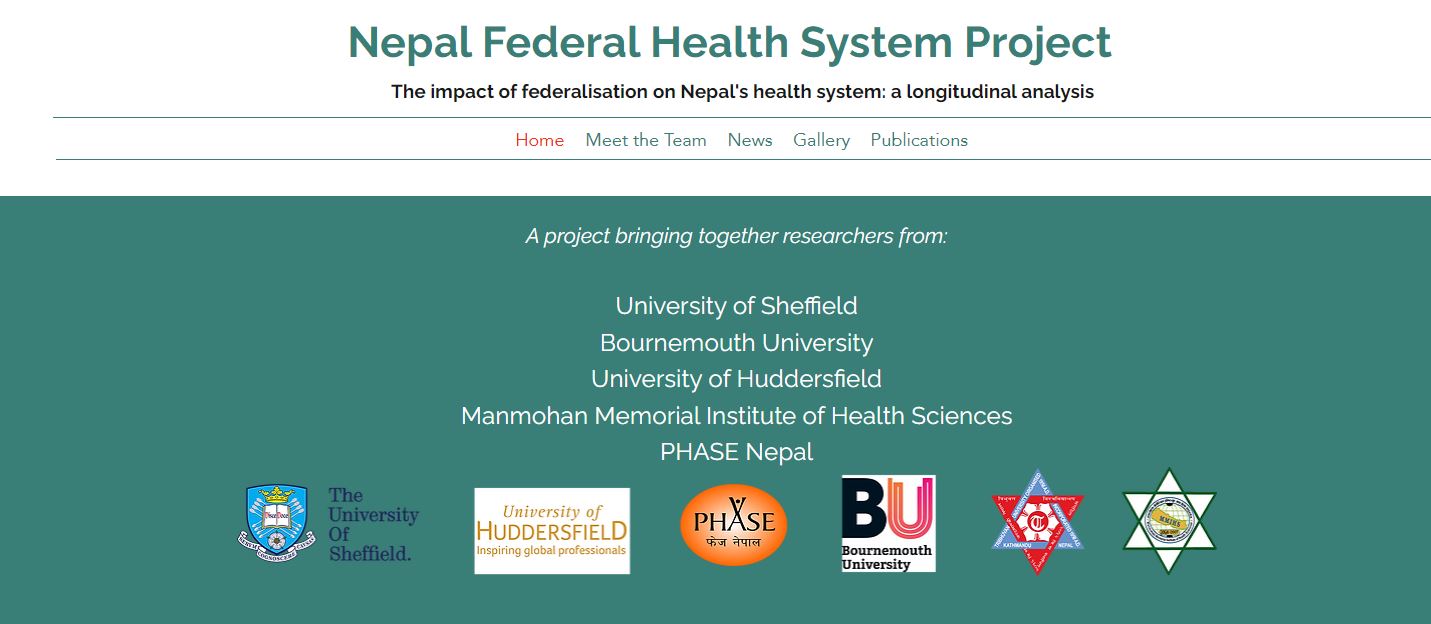













 From Sustainable Research to Sustainable Research Lives: Reflections from the SPROUT Network Event
From Sustainable Research to Sustainable Research Lives: Reflections from the SPROUT Network Event REF Code of Practice consultation is open!
REF Code of Practice consultation is open! BU Leads AI-Driven Work Package in EU Horizon SUSHEAS Project
BU Leads AI-Driven Work Package in EU Horizon SUSHEAS Project ECR Funding Open Call: Research Culture & Community Grant – Apply now
ECR Funding Open Call: Research Culture & Community Grant – Apply now ECR Funding Open Call: Research Culture & Community Grant – Application Deadline Friday 12 December
ECR Funding Open Call: Research Culture & Community Grant – Application Deadline Friday 12 December MSCA Postdoctoral Fellowships 2025 Call
MSCA Postdoctoral Fellowships 2025 Call ERC Advanced Grant 2025 Webinar
ERC Advanced Grant 2025 Webinar Update on UKRO services
Update on UKRO services European research project exploring use of ‘virtual twins’ to better manage metabolic associated fatty liver disease
European research project exploring use of ‘virtual twins’ to better manage metabolic associated fatty liver disease